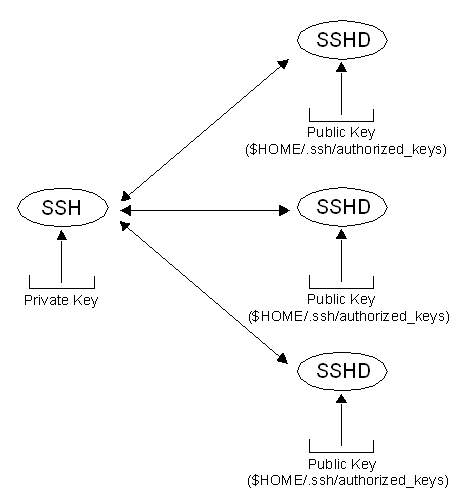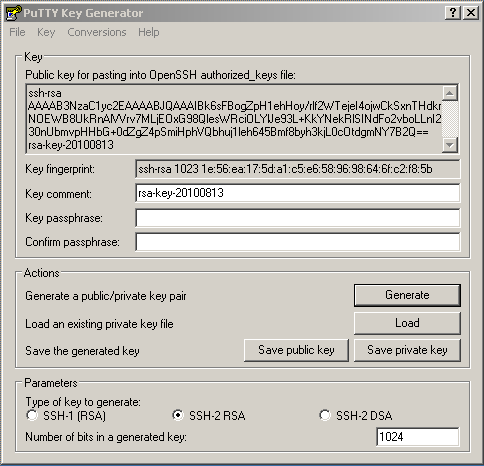OpenSSH is the open-source version of the Secure Shell (SSH) tools used by administrators of Linux and other non-Windows for cross-platform management of remote systems.OpenSSH has been added to Windows as of autumn 2018, and is included in Windows 10 and Windows Server 2019. Jalan tikus corel draw.
SSH is based on a client-server architecture where the system the user is working on is the client and the remote system being managed is the server.OpenSSH includes a range of components and tools designed to provide a secure and straightforward approach to remote system administration, including:
- sshd.exe, which is the SSH server component that must be running on the system being managed remotely
- ssh.exe, which is the SSH client component that runs on the user's local system
- ssh-keygen.exe generates, manages and converts authentication keys for SSH
- ssh-agent.exe stores private keys used for public key authentication
- ssh-add.exe adds private keys to the list allowed by the server
- ssh-keyscan.exe aids in collecting the public SSH host keys from a number of hosts
- sftp.exe is the service that provides the Secure File Transfer Protocol, and runs over SSH
- scp.exe is a file copy utility that runs on SSH
Documentation in this section focuses on how OpenSSH is used on Windows, including installation, and Windows-specific configuration and use cases. Here are the topics:
May 05, 2020 ssh-keygen. By default, the system will save the keys to C: Users yourusername.ssh idrsa. You can use the default name, or you can choose more descriptive names. This can help distinguish between keys, if you are using multiple key pairs. To stick to the default option, press Enter. May 27, 2020 The OpenSSH app uses the “SSH-RSA” mode to generate SSH authentication keys. One of these keys is stored on the server a user wants to log in, and the other is stored in the user’s local OpenSSH client, allowing users to access servers without having to enter their passwords on every login, presenting the local authentication key instead. Traditionally SSH uses RSA for keys (as seen above), which is what you'll likely see on your Macbook. However, it's quite likely that when you're connecting to a Linux server running a newer version of OpenSSH you'll get a message about an ECDSA fingerprint the first time you connect. SSH Keys and Public Key Authentication. The SSH protocol uses public key cryptography for.
Additional detailed documentation for common OpenSSH features is available online at OpenSSH.com.
The master OpenSSH open source project is managed by developers at the OpenBSD Project.The Microsoft fork of this project is in GitHub.Feedback on Windows OpenSSH is welcomed and can be provided by creating GitHub issues in our OpenSSH GitHub repo. Mame free download windows 7.
Contents
Openssh Rsa Authentication


Openssh Rsa Login
Short Descriptions
Openssh Rsa Public Key
scp | is a file copy program that acts like rcp except it uses an encrypted protocol |
is an FTP-like program that works over the SSH1 and SSH2 protocols | |
ssh | is an rlogin/rsh-like client program except it uses an encrypted protocol |
sshd | is a daemon that listens for ssh login requests |
ssh-add | is a tool which adds keys to the ssh-agent |
ssh-agent | is an authentication agent that can store private keys |
ssh-copy-id | is a script that enables logins on remote machines using local keys |
ssh-keygen | is a key generation tool |
ssh-keyscan | is a utility for gathering public host keys from a number of hosts |
